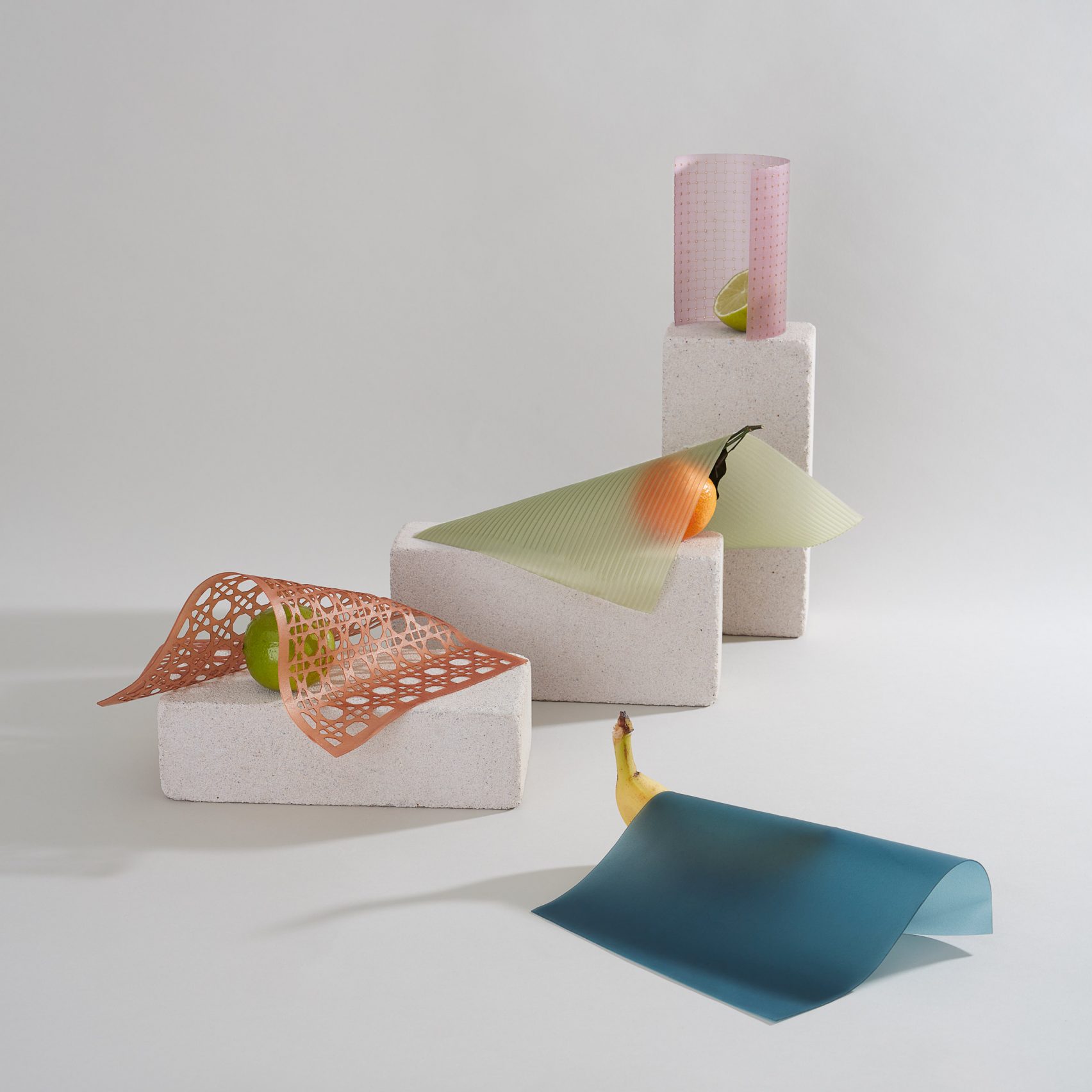
Berlin-based textile designer Youyang Song has used fruit peels and algae to create a biodegradable plant-based material that offers an alternative to leather.
Peelsphere is a versatile and waterproof textile that can be hardened to form accessories like buttons, or left malleable and soft for items such as bags.
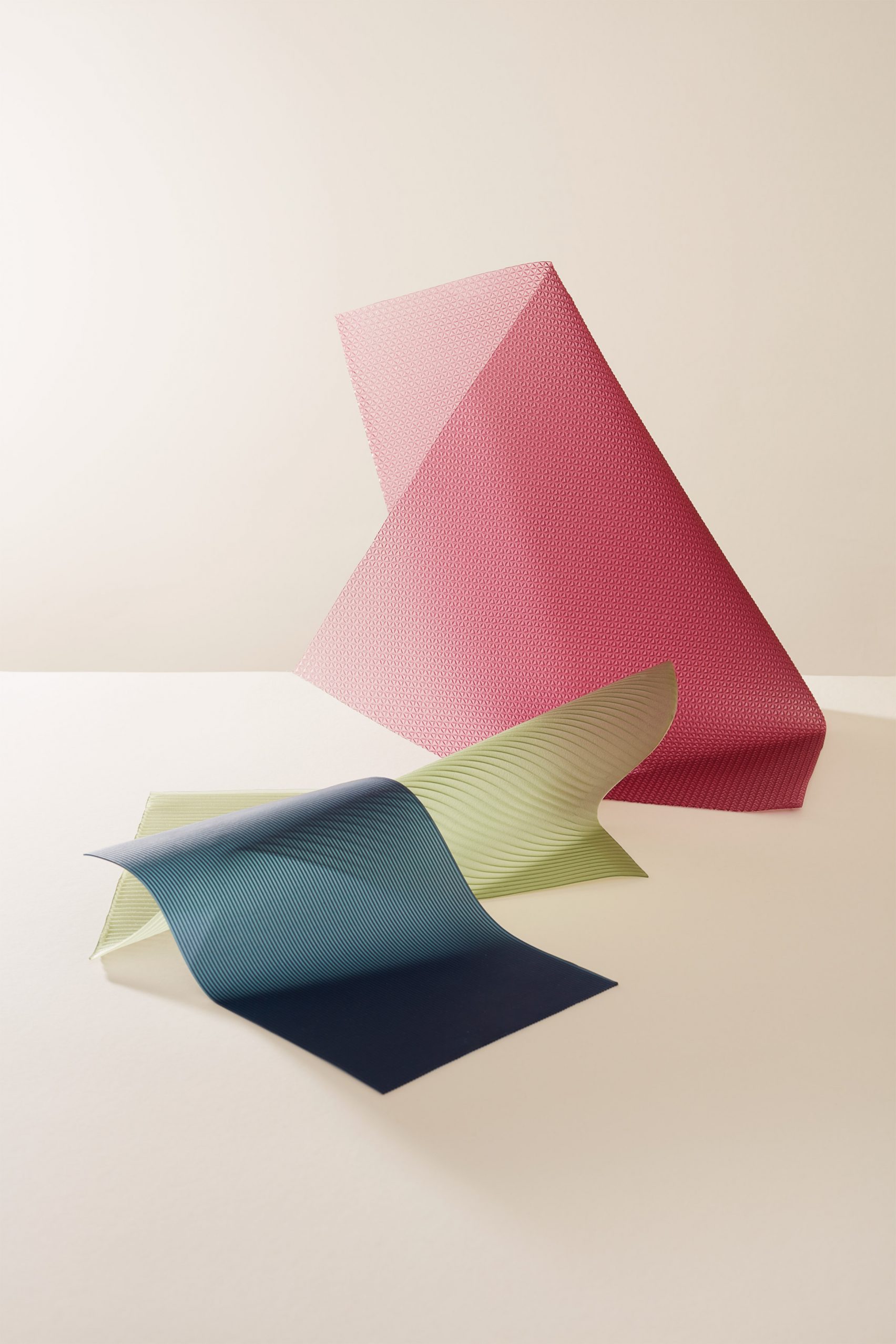
Song, who originally trained as a textile designer, first started experimenting with leather made from fruit leaves after realising that there was nothing available on the market for her own designs.
"I started off as a textile designer, I was surprised that I could not find a completely biodegradable material on the market for my design work," she told Dezeen.
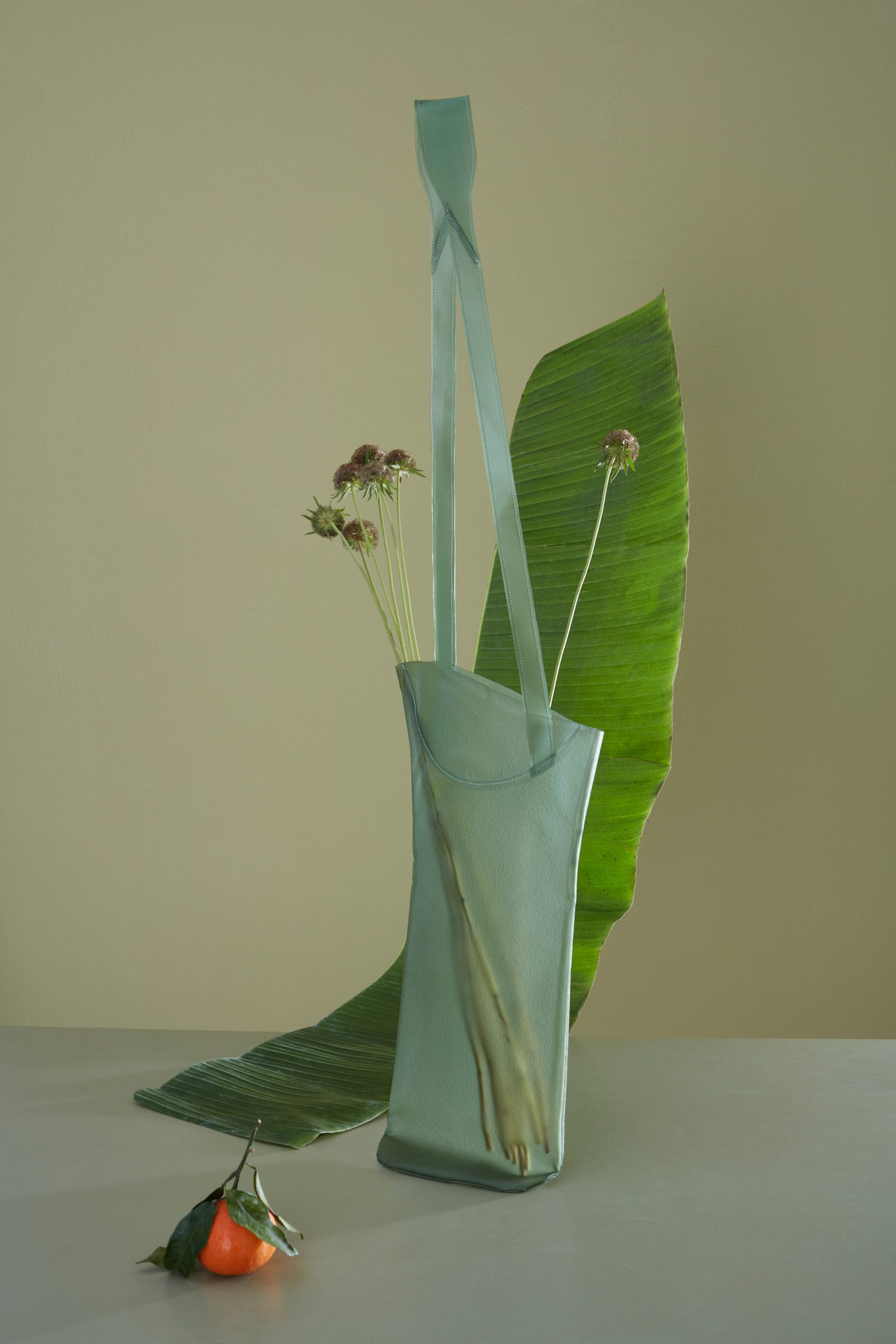
Song was determined to create a material that could replace animal hide yet still retain the same versatility and strength of the popular material.
"As an ideal alternative to leather and synthetic leather, Peelsphere is beautiful, durable, versatile and biodegradable," she said.
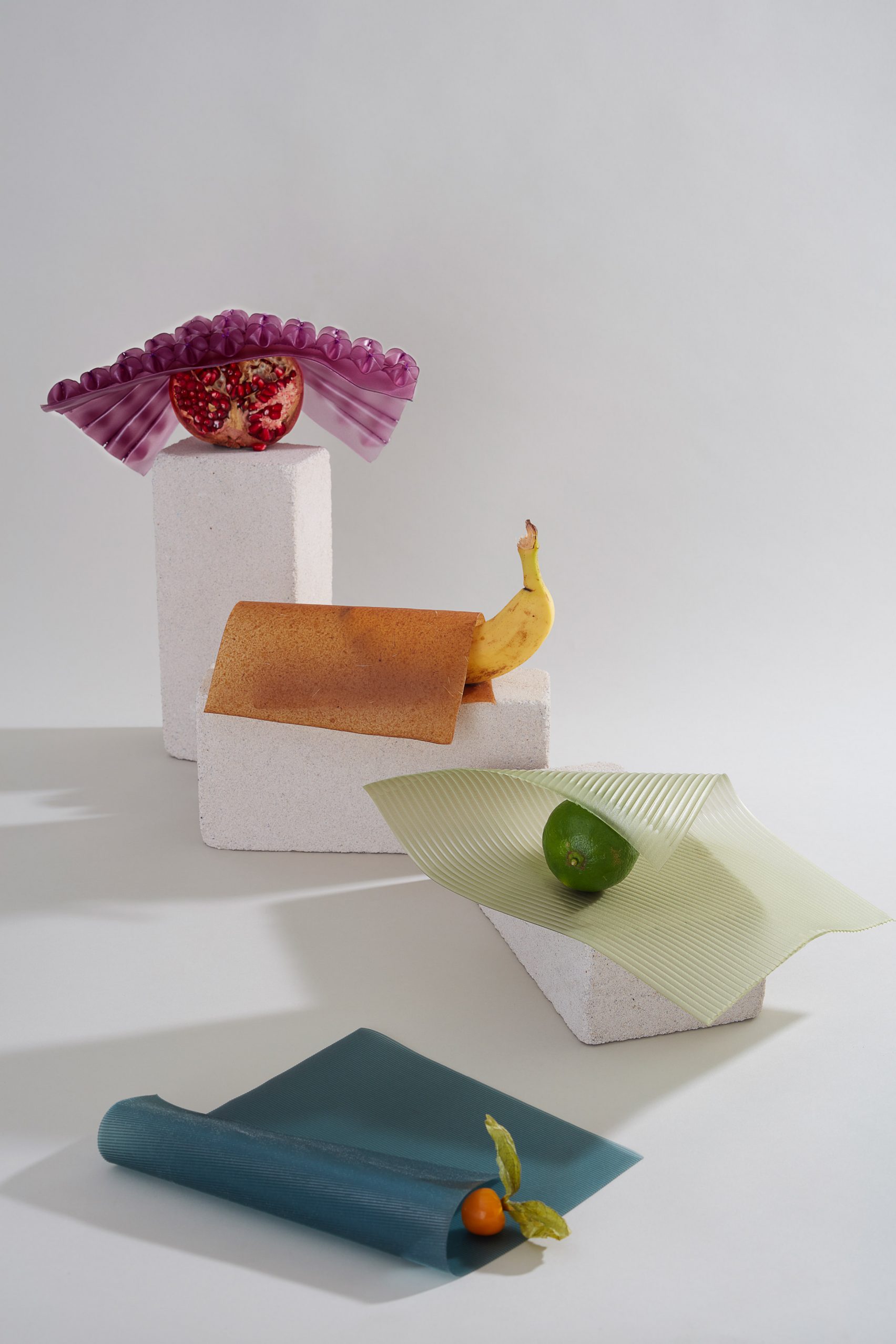
The designer and her studio of engineers and designers embarked on a "journey of transforming wastes into treasures". They began by contacting local fruit juice suppliers to ask for leftover banana and orange peel.
The team then devised a manufacturing process that involves extracting the fibre and pectin from the peel and mixing it together before grinding it into fine pieces using a bio-binder.
The mixture forms sheets of leather-like material that can be dyed using natural dyes. Finally, the team laser-cuts and 3D-prints the sheets into different sizes.
The resulting material is waterproof and can be embroidered, woven or sewn into a variety of final products.
"I was thinking about developing a biodegradable material that can preserve the smell, the refined texture, and the tactile quality of the fruits," explained Song.
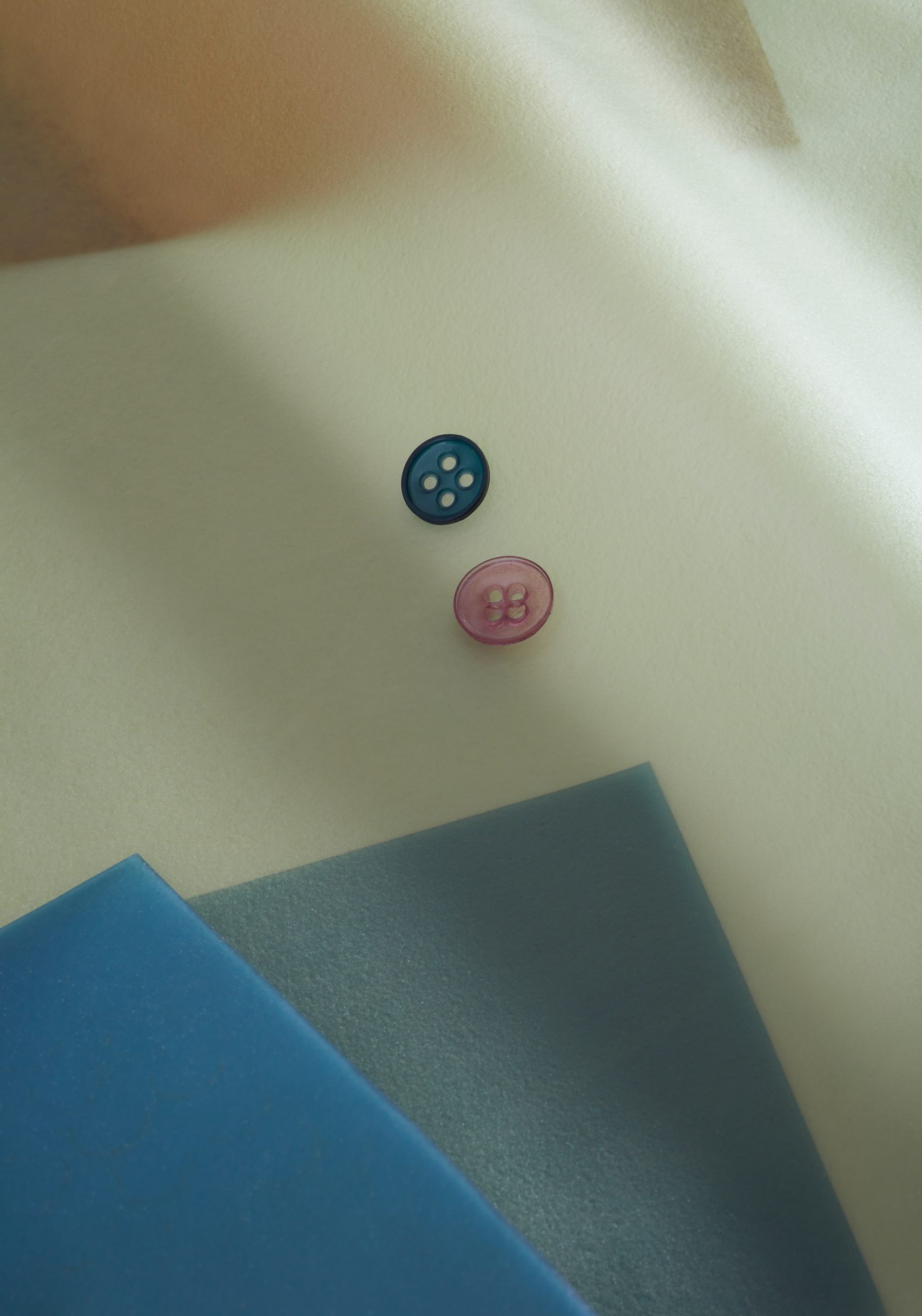
The material can be recycled after use by the Peelsphere studio or by the customer. According to Song, Peelsphere is a 100 per cent biodegradable circular material.
"The whole process involves only biodegradable ingredients and the final product is 100 per cent biodegradable without compromise in the performance," Song said.
"Through recycling, redesign, and reuse, a closed-loop circular design of the material is achieved," she added.
"The material focuses on the potential of fruit waste, redefining the relationship between materials and sustainability."
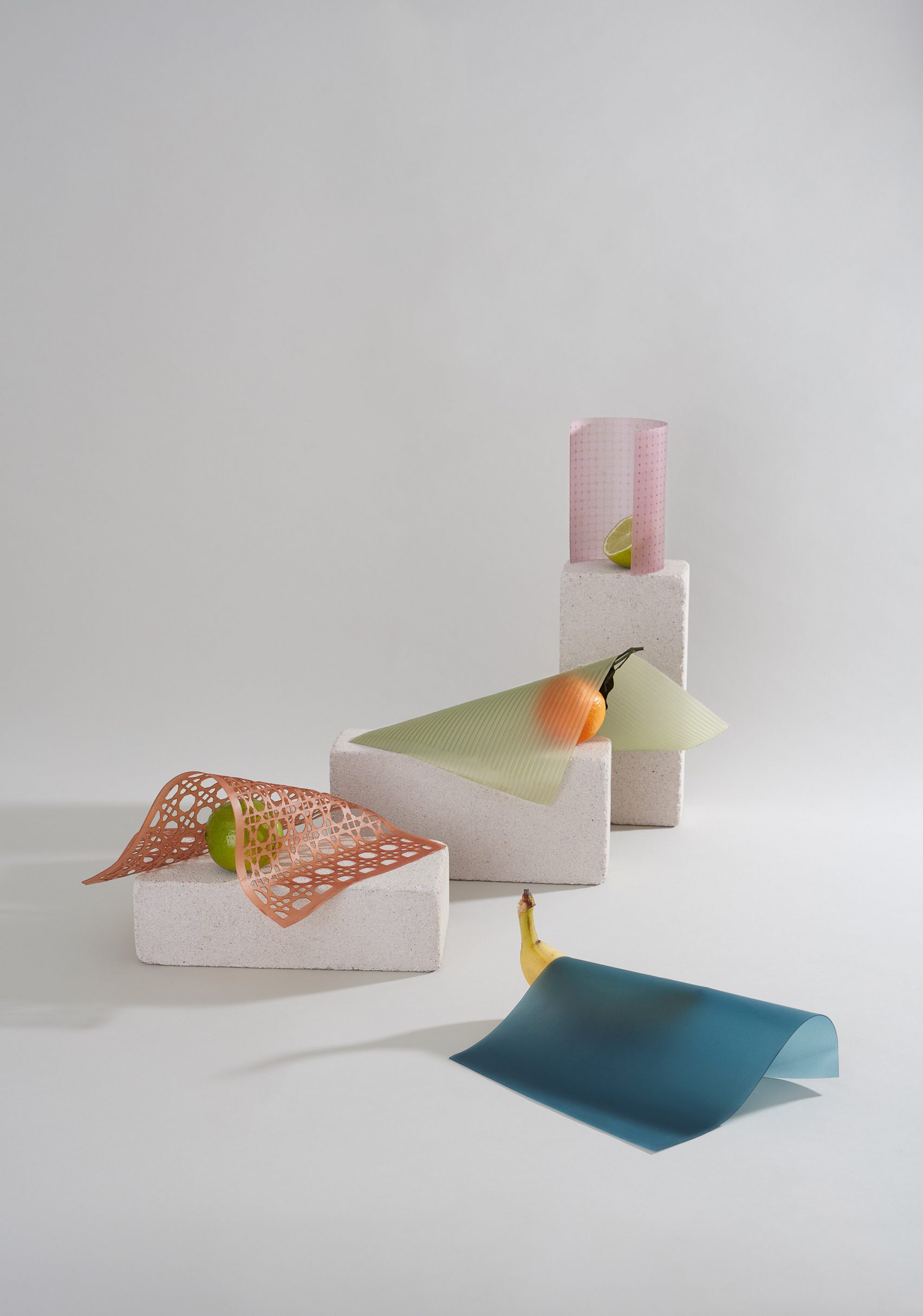
There is a growing interest in using vegan alternatives to leather – particularly within the fashion industry – as more and more people stand against the cruelty of mass livestock rearing, and turn to plant-based designs.
British materials company Ananas Anam was an early pioneer with its plant-based leather alternative called Piñatex, which is made from pineapple leaves.
More recently, brands like Adidas, Stella McCartney, Lululemon and Gucci's parent company Kering have invested in a mycelium-based material called Mylo, which looks and feels like animal leather.
All images courtesy of Youyang Song.
The post Peelsphere is a leather-alternative biomaterial made from fruit waste and algae appeared first on Dezeen.
